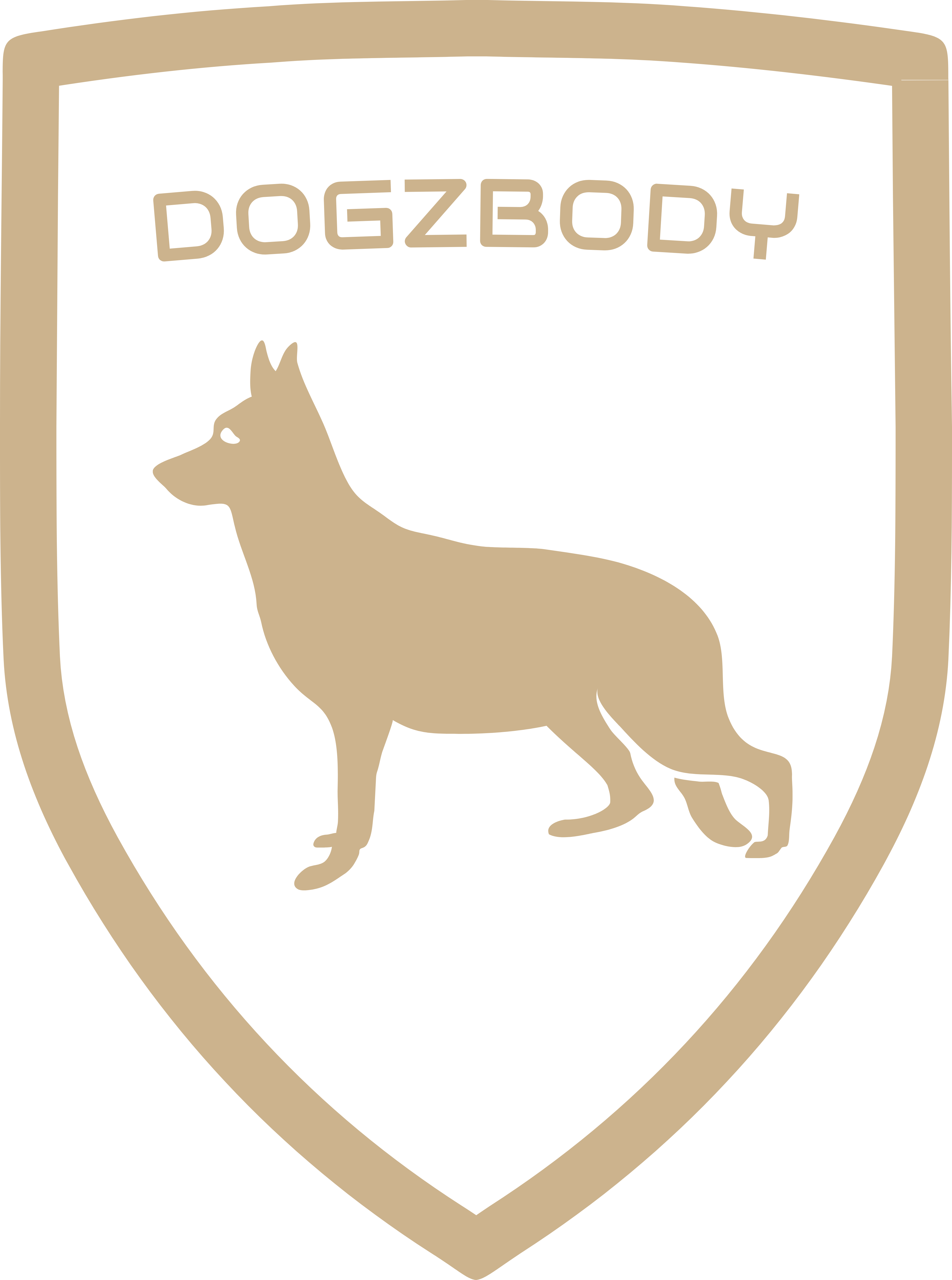The medical term for eating feces/poo is coprophagia. Unpleasant a habit as this may be, it’s fairly common in dogs, especially puppies. Eating feces is a nasty habit that can introduce some nasty internal parasites into your dog’s system.
Managing Coprophagia
One thing that "DOES NOT AND WILL NOT WORK" is berating your dog for eating feces, such behavior on your part will only seek to degrade your relationship with your dog and may have far more devastating effects on your dog’s behavior and create far larger problems than Coprophagia.
Nobody is certain exactly why dogs develop Coprophagia! Mothers of puppies routinely eat their pups’ feces while the pups are young. We believe that this is done to keep the “den” clean and odor-free so that possible predators can’t detect their whereabouts. It figures therefore that perhaps puppies are copying behavior they have seen in their mothers. It’s also possible though that they are just going through a phase in which they eat anything that has an interesting smell or texture. Dogs do seem to grow out of this habit, but some do not.
One possible cause of Coprophagia is that feces may still have some nutritional value and dogs are by nature scavengers so they may be looking for additional nutrition by eating it. It’s also possible that the dog may have digestive issues perhaps due to a lack of natural enzymes. Naturally occurring enzymes are proteins that the body needs to break down food and aid digestion. In the absence of the right enzyme’s digestion may not be fully effective and so the dogs’ brain may be triggered to look for more of the missing nutrients. Some dogs even practice coprophagia to get attention from their owners. It works.
In some known cases there has beem a medical reason for coprophagia. Exocrine pancreatic insufficiency, pancreatitis, certain malabsorption syndromes, infections, and overfeeding a high-fat diet are all possibilities.
Many dogs will eat cat poop if given the slightest chance, but with some it can become compulsive. Cat feces carry Toxoplasma gondii, a nasty organism that causes nerve and muscle damage. If you have cats, put the litter box up high where the cat can jump up onto it but your dog can’t. Alternatively place the litter box in a secure room and secure the door with a hook and eye arrangement that offers enough play for the cat to slither through but that prevents the dog. Clean litter boxes as often as you can.
Unfortunately, once dogs acquire this unsavory habit, it can be difficult to stop. You need to approach the problem pragmatically.
Managing Coprophagia
- Ensure to the greatest extent possible that you are you’re your dog when is “evacuates”. That means also walking your dog whenever you suspect it may need to do so. Clean up the mess immediately. It may help if you teach your dog to eliminate in one specific area.
- There are supplements available that may help. These can be purchased as chewable tablets or sprinkled on your dog’s food.
- Switch your dog from meat based to fish-based food for a minimum of 10 days, this helps by enabling the dog to develop new enzymes that in turn aid the digestive system to break down food better. It also makes the feces smell different and less attractive to the do to re-eat.
- Try feeding your dog more frequently with smaller meals to reduce hunger and feed them the very best food you can to make sure they are getting all the nutrients they need.
- In exceptional cases where re-infection may be taking place it may be necessary to muzzle your dog till you can resolve the issue.
As a side note, I’ve never known a dog on a good varied raw food diet to have Coprophagia.
One thing that "DOES NOT AND WILL NOT WORK" is berating your dog for eating feces, such behavior on your part will only seek to degrade your relationship with your dog and may have far more devastating effects on your dog’s behavior and create far larger problems than Coprophagia.

